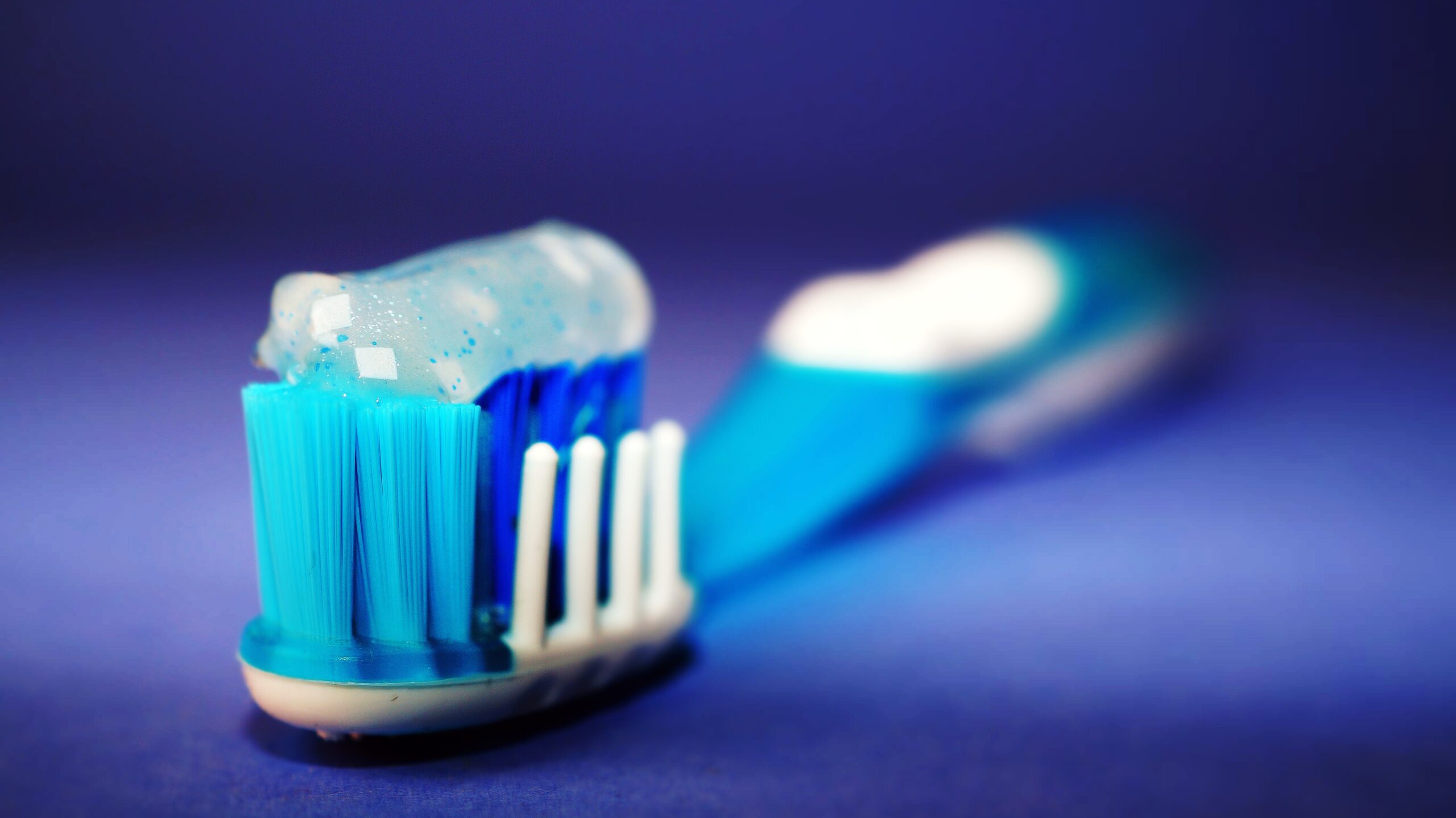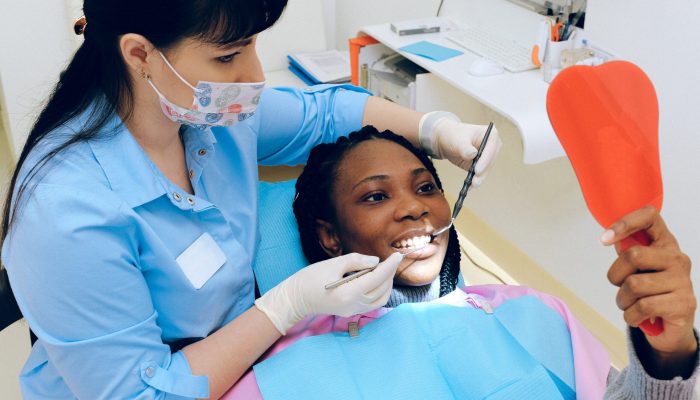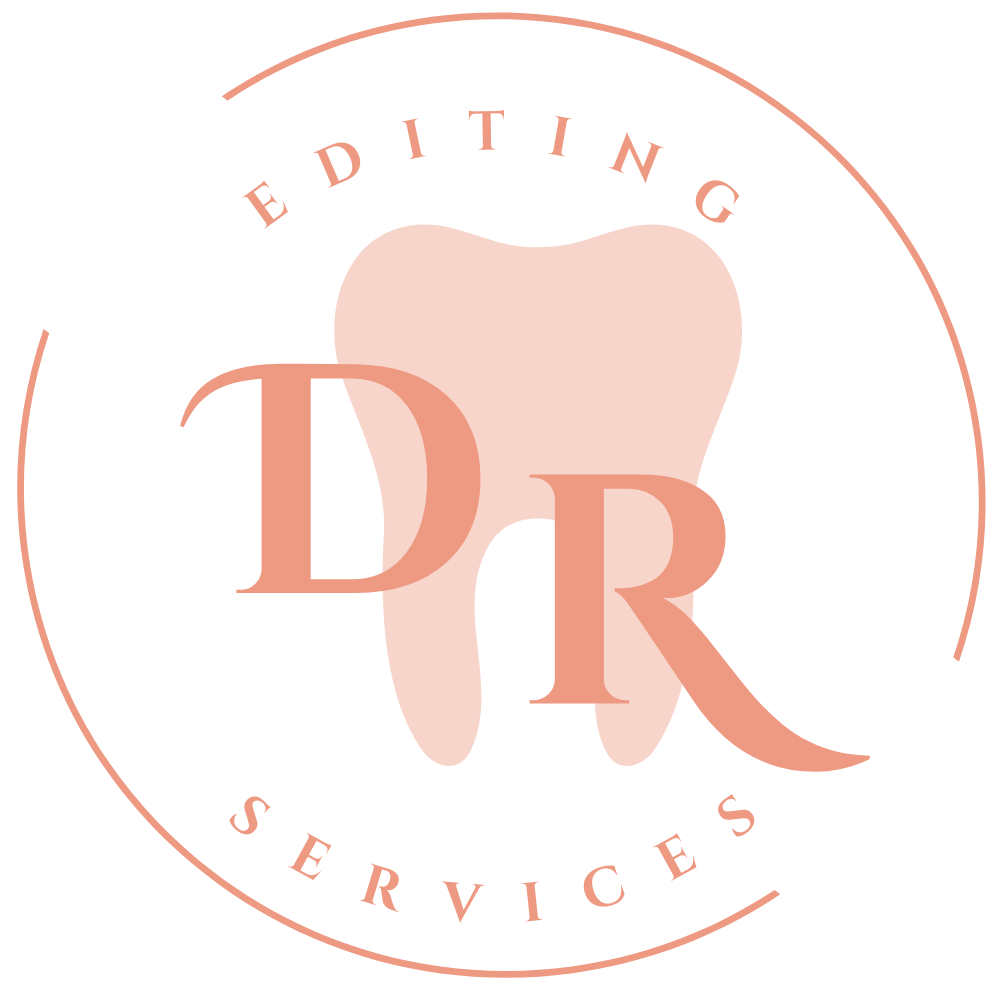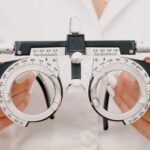
Writing your Personal Statement for Dental Hygiene
A personal statement for Dental Hygiene / Dental Therapy plays a significant role in the application process for many programs. They provide admission committees with information on your academic background, professional experience, and personality traits to help them determine whether you’re a good fit for their program.
A well-written personal statement should highlight your strengths as a candidate and demonstrate how those skills would benefit the school’s curriculum. You should include details about your educational background, work history, volunteer activities, extracurricular activities, hobbies, and future goals. If you’ve taken courses related to dentistry, be sure to mention those too.
It’s essential to be honest with yourself when writing your personal statement for dental hygiene. If you’re unsure what to write, ask yourself these questions:
What do I want to accomplish by applying to dental hygiene school?
How will my life be different after dental hygiene school?
Why should I choose this course?
This guide has you covered with 3 winning personal statement tips. As a bonus, I have included a personal statement written by a successful dental hygiene applicant. This guide can also help those applying to dentistry, dental hygiene and therapy, and dental nursing.
If you’re looking for a more detailed guide to beat the competition, then purchase my guide by clicking below.
Table of Contents
3 Top Tips
Tip 1: Understand a Dental Hygienist's Scope of Practice
A hygienist’s Scope of Practice includes every role or procedure that can be legally carried out under the General Dental Council License.
Roles – Research the different roles of dentists, dental hygienists, dental therapists, and periodontal specialists- this will show off your background research and understanding.
Then integrate the roles you’ve researched into your dental hygiene personal statement.
If you have shadowed a hygienist, mention their roles in education, advocating, and treating patients. This isn’t somewhere to list roles but rather to express how this role appeals to you.
Showing your understanding is a big part of the statement. The admissions team won’t give out an offer to a highly competitive program if you haven’t made an effort to do some background research.
Principles – Look into the General Dental Council standards – These are 9 principles each dental professional must abide by. Mentioning one or two of these in your dental hygiene statement will give you brownie points.
1. Put patients’ interests first
2. Communicate effectively with patients
3. Obtain valid consent
4. Maintain and protect patients’ information
5. Have a clear and effective complaints procedure
6. Work with colleagues in a way that is in patients’ best interests
7. Maintain, develop and work within your professional knowledge and skills
8. Raise concerns if patients are at risk
9. Make sure your personal behaviour maintains patients’ confidence in you and the dental profession

Tip 2: Show Don't Tell
You must have gained various skills from college, work, hobbies, and other extracurriculars. Think about communication, interpersonal skills, empathy, leadership, teamwork, and resilience. Relate these skills to becoming a dental hygienist. Where and how did you develop these skills?
Matching your skills to the hygienist’s roles by showing your skills through your experiences
“Dental hygienists play a significant role within the dental team, where they primarily educate patients on oral hygiene and healthier habits. This requires excellent communication skills to teach patients about the processes behind gum disease. To develop my communication, I have practised breaking down biological topics when tutoring younger students.”
Why is this effective?
You are stating the role of the hygienist (educator), then providing evidence of how they educate (causes of gum disease), and then explaining how you have developed this skill through similar methods (tutoring).
Within a few sentences, you have explained your understanding of the role, patient interactions, and efforts to help younger students.

Tip 3: Reflection
Reflection is KEY. Without reflection, your personal statement is just a story with a list of your experiences. Reflecting on those experiences will immediately make you stand out. This is your chance to show how you have developed into the perfect applicant.
Reflecting on what you have learned shows you are mature, intelligent, self-aware, and can be accountable for your actions.
Self-reflection will be a large part of your education and continuous professional development. Reflection involves looking back at your experiences, considering what you have learned from them, and how has it changed you?
If your experience is a fundraising event, what was your role, what went well, what didn’t go so well, how could this be avoided, and what would you do differently next time?
Recognising that you aren’t perfect and willing to grow is a valuable quality.
This will really add to your application. Don’t say, “I am mature and can account for my mistakes.” Instead, it would be best if you showed this through your experiences.
E.g. “Tutoring was initially challenging for me. I did not know how to share my knowledge with the students. After some research and observing a fellow tutor, I started to plan ahead and create lesson plans the day before. I would include images, videos, and examples that helped the students understand the topic. I wish to continue improving my teaching methods as this will help me to educate future patients.”
These 3 Top Tips are all you need to write a successful personal statement for dental hygiene.
Bonus point: Try to avoid mentioning anything very negative. If you HAVE to explain poor grades or a gap in your education, then keep it brief and support it with positive points before and after.
Are you finding these tips helpful?
Check out my comprehensive 14-page Dental Hygiene and Therapy Personal Statement Guide

Successful Personal Statement for Dental Hygiene UK
“Empathy- a simple yet powerful emotion that allows us to connect with others. Dental hygiene encompasses a need for empathy. Hygienists are integral to the functioning of a dental team, where they must identify the causes behind gum disease. Not only do they determine the aetiology, but they will also explain this to the patient and create an oral hygiene plan that suit whoever is in the chair. Empathising and understanding a patient are essential in helping to make effective changes. If the dental hygienist advised a patient with rheumatoid arthritis and limited movement to use a manual toothbrush and floss three times daily, this would never be possible. Patient-centred care is a prized skill I have been developing through my employment, volunteering and hobbies.
I have spent four months working as a medical scribe at the hospital, where I shadowed various physicians to help them note their discussions and plans. This was difficult initially, as I was not used to the medical language and did not understand many of the conditions. I struggled with the pace and decided to do some more extensive reading before I began each day. Soon enough, I was writing quickly, keeping up with the fast pace, and able to introduce myself to patients and understand their management plans. It was a bonus that I was able to build foundational medical knowledge and oversee how dental hygiene is managed with bed-bound patients. This helped me to understand that simple hygiene can be highly effective if done correctly.
More recently, I have been able to shadow dental hygienists and dentists while they carried out consultations, dental scaling and deep cleaning. Two weeks within a clinic helped me to understand how the dentist worked with the hygienist, referring patients who required deeper cleaning. The hygienist would determine the patient’s hygiene methods first, and she would insist there was no benefit to cleaning if the patient could not understand that the cause of the gum disease was in their hands. I was inspired by how she broke down the processes behind periodontal disease by showing the patient in the mirror and relating it to a diagram showing the disease development. It was eye-opening to understand the risks of not treating the condition, and patients were now well aware of the need for better care. Aside from the patient interactions, I noticed how intricate the procedures were, the technique was very skilful, and I hope that my hand-eye coordination can someday reach this level. I currently sew many of my designs on clothing, which has helped me work in small areas.
Observing the interactions between the staff made it clear that teamwork is necessary for a dental clinic. The receptionists would regularly work around the dentist and dental hygienist by following their instructions and informing the dentist of any changes or patient issues. This is similar to my collaborative research work, where I have worked with a team of student researchers to plan an experiment. Without each member, the investigation could not have gone ahead. We needed to plan, lead one another, help each other and offer advice and criticism. I have learned to accept feedback and improve based on this. I recognise that others may notice points for improvement that I had never previously considered. Hence, I highly appreciate feedback and am always looking to learn.
Dental hygiene is the course that stands out to me. I am interested in the biological processes behind oral diseases and would enjoy spending a lot of time educating and treating patients. I wish to be a part of the preventive dental movement, where I can help my patients to prevent the cause before beginning invasive treatment. I feel that hygienists play a significant role in prevention, which is why I have chosen to follow this path where I can serve many patients every day.”

Overview
Each technique is used effectively in almost every single paragraph. This creates a powerful statement showing the student’s understanding of the hygienist’s role.
She was also able to relate each point to her extracurricular experiences and then reflected on what she had learned.
This helps us to see that she is highly self-aware and willing to be responsible for mistakes, but she also shows interest in taking feedback to improve.
This is exactly what is needed from a dental hygiene applicant. Even though this student’s grades were average and her experiences were nothing out of the ordinary, she comes across as intelligent and very empathetic.
Personal statement for dental hygiene, UK – How could the applicant have made it even better!
In the introduction, she mentions volunteering which is later not touched upon in the statement. Volunteering would add to the existing extracurriculars, but it isn’t clear where or when she volunteered.
Later in the statement, she briefly mentions research and ties this into teamwork. However, we don’t know if the research was voluntary, what was she researching and what her actual roles were. It would be really interesting to learn more about this, and she could discuss whether she wishes to help with research in the future.
Leadership is briefly mentioned in the research part. This could also be expanded on as there are times when a hygienist must lead the receptionists, patients, and mentor others in training. She could have spoken a bit more about how the research team led one another.
How to improve the conclusion?
In the conclusion, she brings up new topics of biological processes. I always avoid bringing up new topics as it seems random and unclear to the reader. The applicant has still done a good job with the conclusion, as prevention does tie in with her theme of educating patients.
To make the conclusion even more powerful, she could’ve linked back to empathy. She could have then reminded us of her initial motivations and her extracurriculars.
Reminding the reader of your experiences is very important here; they can forget, and it helps to summarise the statement and shows your journey towards this application.
Example of an alternative conclusion:
“Empathy is the link that ties dental hygienists to understanding patients’ needs and abilities. From my work experience, scribing, and research, I have learned that we cannot help others without connecting to those around us. Education has proven to be the foundation for encouraging healthier changes in oral hygiene, and I hope to keep this in mind as an aspiring dental hygienist. I strongly believe this would improve patients’ overall dental health. I now wish to embark on this course with the knowledge I have built and hope to further improve my skills by treating patients of my own.”
Summary
This personal statement for dental hygiene perfectly encompasses essential tips and techniques required to create a winning essay. Hopefully, this personal statement example will guide you in the right direction when writing your application essay.
Remember- Scope of Practice, Show don’t tell, and Reflect.
Sentence structure, flow, spelling, and grammar are also equally important. Without flow and good transitional sentences, it becomes difficult to read, losing the admission tutor’s interest.
Therefore, I strongly advise getting professional help with the draft once it is written. Invest in your future now to maximise your chances of getting into your dream course.



